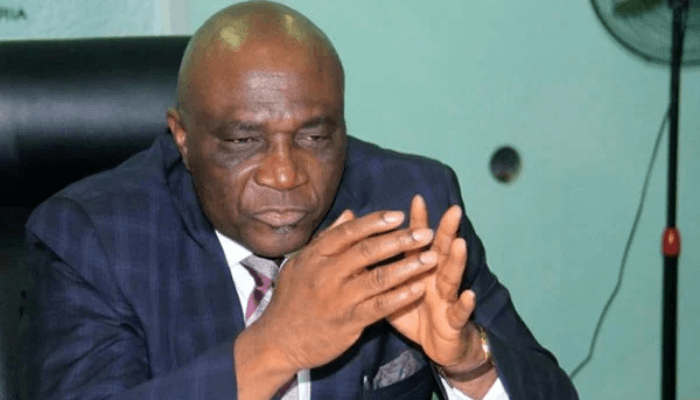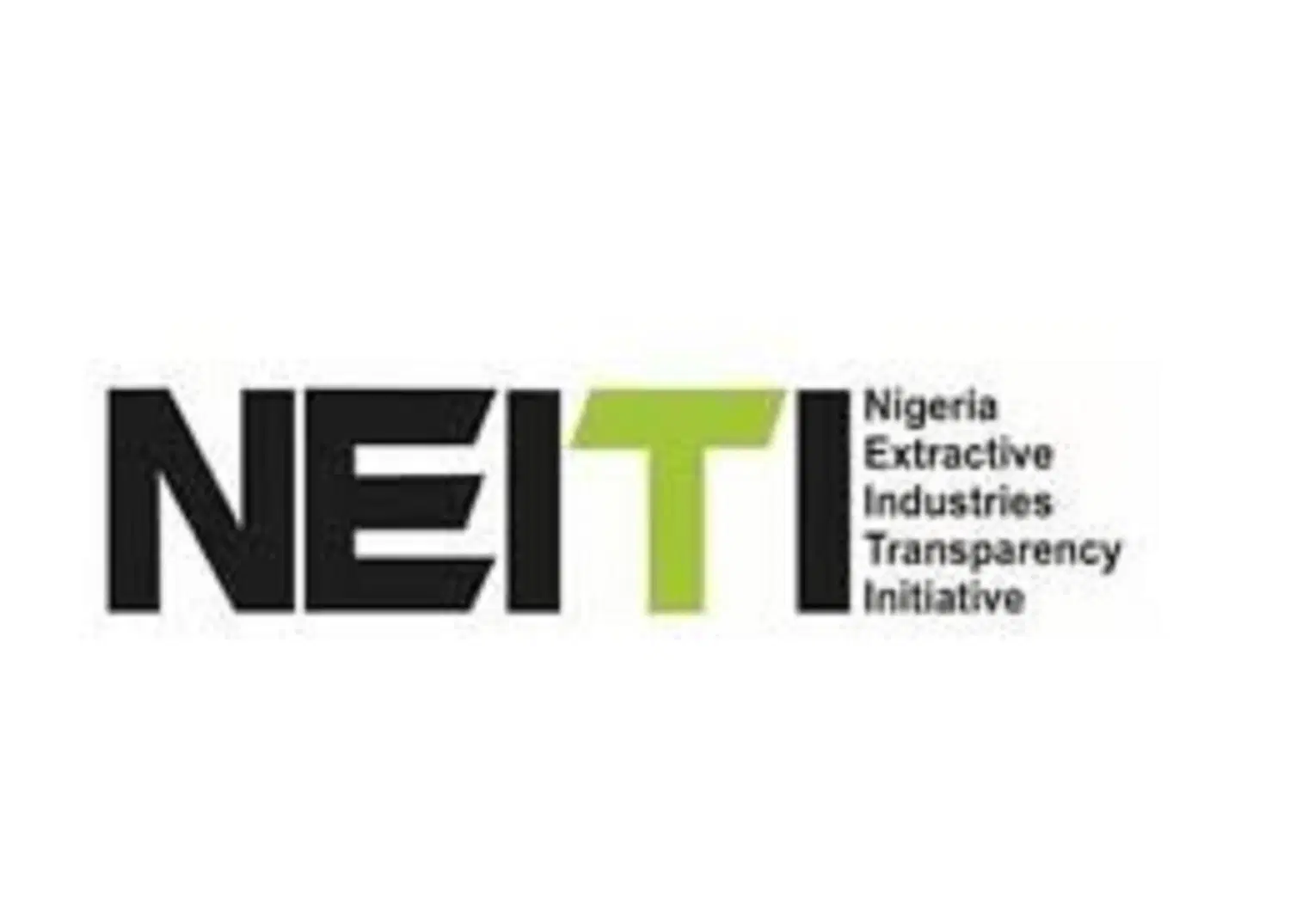Global payment technology company Mastercard has projected a six per cent increase in consumer spending in Nigeria by 2025, citing remittance inflows as a key driver of economic resilience.
The forecast was disclosed in the Mastercard Economics Institute’s 2025 Economic Outlook for Nigeria: Steering through Change, which analyses trends expected to shape the economic landscape in the coming year.
The report highlights shifts in monetary and fiscal policy, alongside efforts to stabilise growth and inflation rates. According to Mastercard, Nigeria’s Gross Domestic Product is expected to grow by 2.9 per cent, slightly below the global average of 3.2 per cent, reflecting both challenges and opportunities in one of Africa’s largest economies.
Despite inflationary pressures—expected to moderate to 22.1 per cent in 2025 from over 33 per cent in 2024—consumer spending is set to rise, largely sustained by robust remittance inflows and Nigeria’s resilient economic framework.
The report noted that the continued migration trend (popularly known as ‘Japa’) has led to a surge in remittances, while the rapid digitisation of the payments industry has enhanced financial transactions by improving cost efficiency, security, and convenience.
Speaking on the economic outlook, Mastercard’s Chief Economist for EEMEA, Khatija Haque, stated, “Nigeria’s resilience and potential for growth in 2025 will be driven by remittance inflows and consumer spending. To support sustainable development, fostering financial inclusion and addressing inflationary pressures will be critical.”
Mastercard Nigeria’s Country Manager, Folasade Femi-Lawal, emphasised the company’s commitment to enhancing digital payment solutions to simplify transactions, boost security, and reduce costs.
The report also noted that global remittances surged from $128 billion in 2000 to $857 billion in 2023, with projected three per cent growth in 2024 and 2025. For Nigeria, these inflows will continue to play a vital role in supporting household incomes, sustaining local businesses, and stabilising the economy.
Additionally, the increasing adoption of digital and mobile payment platforms is expected to further enhance efficiency and accessibility, allowing more Nigerians to benefit from lower transaction costs and secure, real-time financial services.











